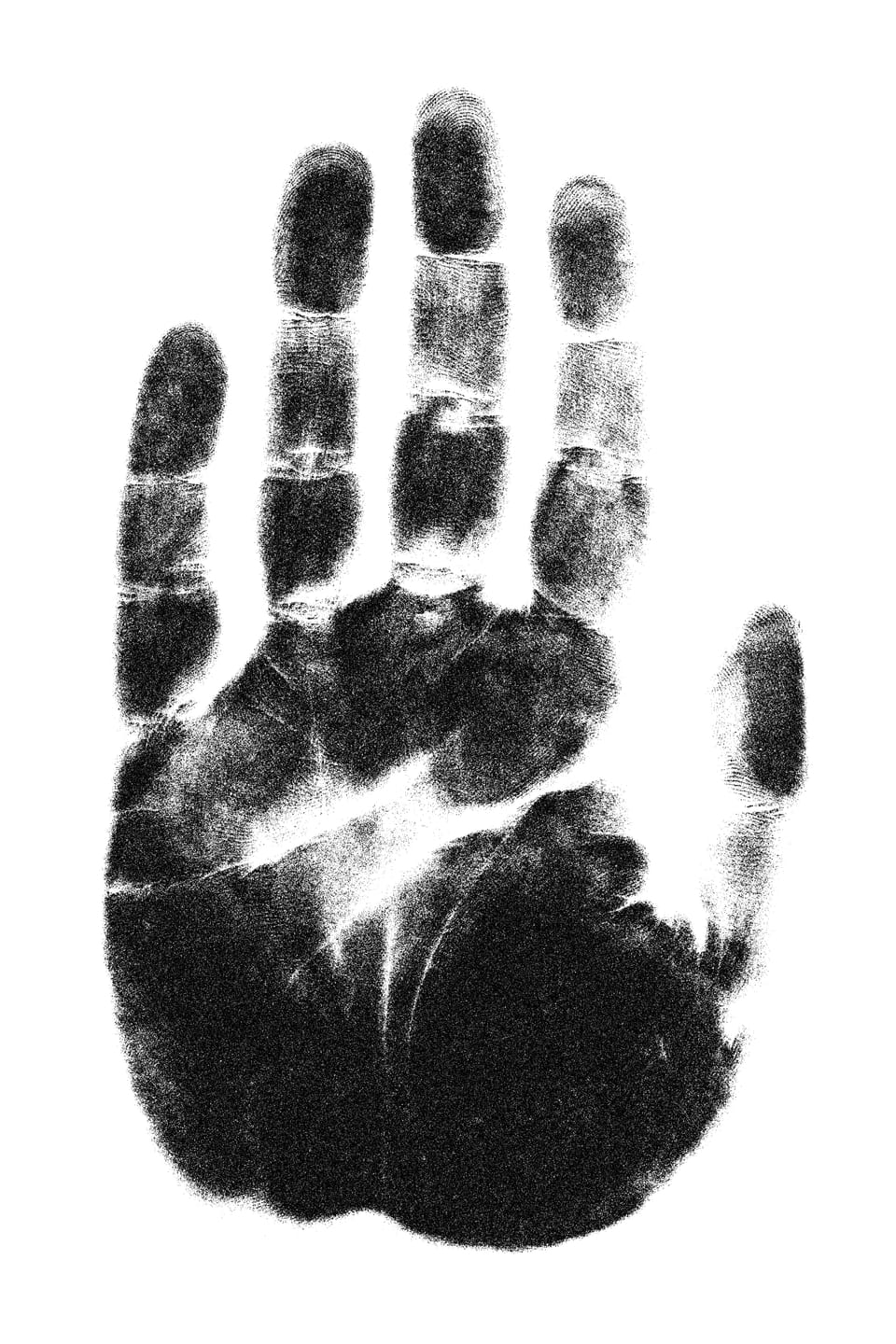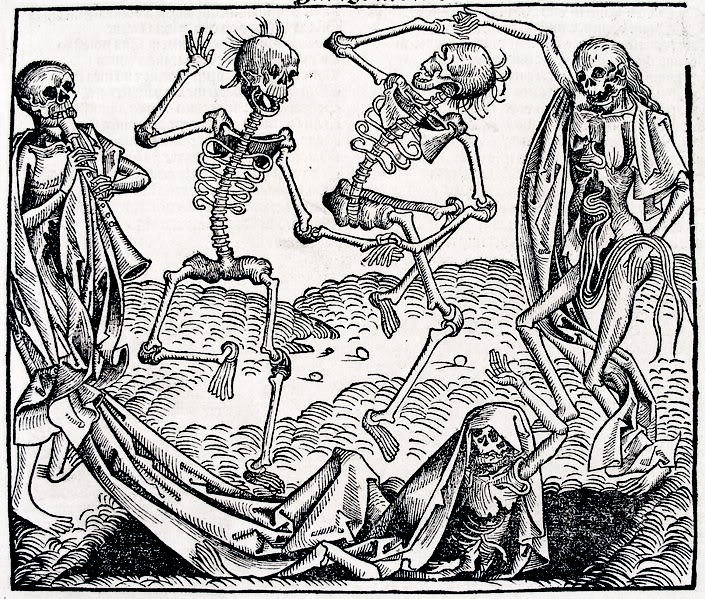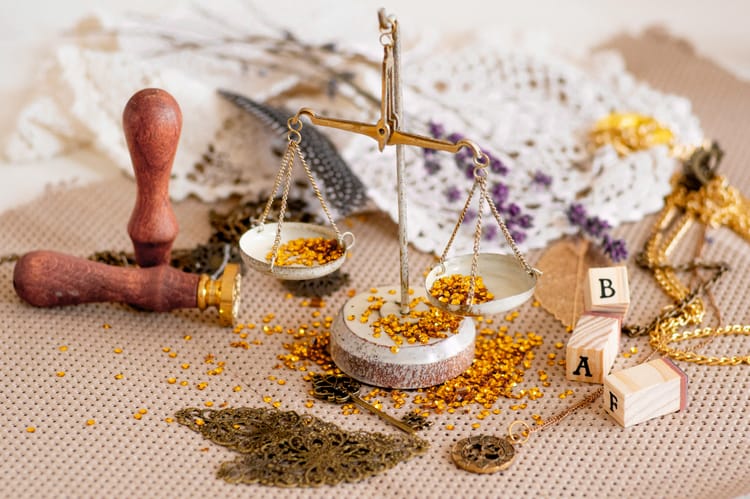Full Moon: Reading palms

It's Friday. Hello.
Speaking of embodied stress, grief, or trauma has become so commonplace, especially online (such a disembodied place, the irony), that it feels easy to lose the sense of what embodiment means. It is sometimes diluted to the point that I encounter people who would rather not use or hear it, wary of Wellness™ (New Age 2.0) semantics. I share that caution to a significant extent — see also how I routinely shy away from buzzwords like manifesting, cleansing, etc. — but I think when it comes to speaking of embodiment the problem isn't that it refers to something unreal, and rather that it refers to something so real it can be hard to ignore... thus tempting to accept any solution, even a bad one. I have noticed some painful emotional states arising systemically in my flesh this month: professional stress so intense that I failed to ovulate, along with a seemingly annual resurgence of full-body grief for my familiar's death two years ago, and various unpleasant phenomena that forever beg the question of whether I feel mentally unwell due to physical inflammation, or whether I have physical inflammation due to being mentally unwell, or both.
I know beyond a shadow of a doubt, in any case, that my body tells stories of my past and present, and looking at certain predictors I can even see my body's future, albeit only as an array of likelihoods and not as any one guarantee. I suppose that knowing such things, for many people over these millennia it would have felt instinctive to assume our bodies record even more than they really can. Hence the disastrous example of phrenology (which I will never dignify with analysis beyond "it's foundational to modern racism") and also the less historically malignant but still frequently ridiculed example of palmistry or chiromancy — that is, palm reading. Now indeed, our hands do occasionally show statistically significant markers of some health conditions, and strangely enough the length ratio of one's index finger to ring finger may be correlated with sexual orientation or non-cisnormative gender; however, not everyone with Down syndrome has a single transverse palmar crease (and not everyone with such a crease has Down syndrome or even any other notable health condition), nor are the studies on queer finger ratios considered altogether reliable, and even without phrenology itself, relying on these indicators to screen a population for [insert identity group] can send reactionary minds a mere hop, skip, and jump into eugenics. And beyond all that, traditional palm reading does not engage with these modern metrics, reaching instead for things that science has never really studied at all.
The depth of a line across one's palm does not empirically tell us anything, or at least it says much less than a hand covered in callus, a hand with no callus at all, a hand with bitten fingernails, a hand wearing many rings, a hand with a tan line where one ring used to sit.
Nonetheless, when thinking about the stories our bodies do tell, I can't help also thinking about the stories we place upon our bodies. And I remember briefly learning to read palms when I was quite young. While I have no particular intention of returning to that practice, I find palmistry resembles other realms of divination like astrology wherein the object of interpretation is details of one's own person that are on some level unique or at least uniquely configured. And as with astrology, I feel as if some sort of ethical storytelling game has real potential and value here. To explain what I mean, let me first critique the existing practice.
"Palmistry 101"
In quotations, because there are innumerable systems of interpretation out there; there is no "correct" way to divide up the hand; there is no method I remember learning first; there is no method to consider more grounded in consensus reality than another method. There is also no spatial or temporal permanence to what palmistry even constitutes. Some people trace a specific tradition passing from ancient India to both East Asia and Europe, and some people implicate Roma migration in that process; but the practice is documented in too many places and times to easily match a single unidirectional throughline, and as far as the importance of Roma practices I am not really clear on how much those are projected stereotypes by non-Roma, and in any case most people who practice palmistry today have not directly inherited or even remotely brushed up against a Roma tradition.[1]
For the sake of having any basic point of reference, however, I will lay out one way that palm readers "break up" the parts of the hand that can be used for divination, and what the divinatory associations can be.
Lines
These are the creases of the palm, with three or four major ones whose depth, length, shape, and relative distance from or connection to each other are all granted significance.
- The heart line - the crease starting from the outside of the palm at the top; interpreted for matters of emotion and romance
- The head line - the middle crease running between the heart and the life lines, starting from the inside of the palm somewhere between the index finger and thumb; interpreted for matters of intellect and focus
- The life line - the crease starting from the same point as the head line that then extends all the way down around the thumb joint toward the wrist; interpreted for matters of vitality and energy
- The fate line - a vertical crease that passes through the heart and head lines, sometimes completing the appearance of an "M" on the palm; interpreted for matters of destiny and willpower
Not everyone has a fate line, and this model does assume that everyone has at least the first three lines, which as alluded to, some people have a single transverse crease instead, or other alternatives.
Mounts
These are the "lumps" that form on the surface of the palm when one's hand is cupped. Significance is inferred from their relative size or shape in that position.
- Venus mount - just under the thumb (not the entire thumb joint, but more where the skin actually folds in next to the index finger); interpreted for matters of hedonism
- Jupiter mount - under the index finger; interpreted for matters of confidence
- Saturn mount - under the middle finger; interpreted for matters of neuroticism
- Sun/Apollo mount - under the ring finger; interpreted for matters of creativity
- Mercury mount - under the little finger; interpreted for matters of communication
Other factors
Palm readers may also interpret the relative size of one's hands and fingers, including in relation to each other, and in binarist paradigms they may infer additional things based on the recipient's gender. Some people also seem to place stock in reading the dominant vs. non-dominant hand, or in reading the right vs. the left hand (regardless of which is dominant).
Whatever other factors someone may consider, all of the things to interpret are open to very loose, open-ended readings, given that no reading could be proven "true" by any metric beyond the recipient's own willingness to believe. Dyed-in-the-wool skeptics and rationalists obviously point to this immediately, and I independently cannot take palmistry interpretations as literal. It is, like astrology, a game of symbols and deciding what to accept about yourself, but right there lies its real benefit, with each ritual examination enhanced further by the intimacy of hand-to-hand touch.
When someone has their palm read by a friend — more common between people who aren't men, I suspect because of other genders' higher likelihood of accepting simultaneous physical and psychological vulnerability[2] — I don't think it is usually taken as seriously as some onlookers might imagine. Or maybe its seriousness differs from the seriousness that other people infer. And when someone pays to have their palm read, or otherwise intentionally visits an expert on the subject, I suspect that whatever their conscious intentions they are more subconsciously seeking encouragement about their life and self — and perhaps feeling an inability to accept that encouragement in a straightforward way. They will respond better to an elaborate fiction than to a direct statement.
If all of this really applies, then I fail to see anything wrong with palm reading itself. The existence of the symbolic game is morally neutral. The real problem is how some people play it.
Cold readings, cold cash, bad faith
I have touched on the following in prior posts, so I wish to emphasize that I'm not describing something exclusive to palmistry. However, now is as good a time as any to both reiterate and expand upon my opposition to many typical transactional divination activities that a wide array of scam artists and even sincere ritualists all lean into.
For those of us with the intuition and interest to delve into mystic, deliberately irrational ways of knowing, we have the responsibility to not take advantage of others, and to repudiate the grifters who enter our midst. Just as telling someone what they want to hear is not the same as telling them what they need to hear, neither is telling them what you want them to hear. And even more crucially, being supported by one's peers for divinatory efforts is not the same as turning one's skills into a predatory business. I don't even think I could let myself do that for the fantastically wealthy. Ritual can come with a price tag insofar as it does not need to be a free gift; but if it keeps someone addictively and unquestioningly coming back for more, an ethical breach has occurred on the same scale as the therapist blackmailing the client or the priest having sex with the parishioner.
"Once upon a time" — or to put it more concretely, back when many more of us lived in land-connected, pre-industrial societies — a community might have their designated diviner, shaman, fortune-teller, soothsayer, seer, völva, take your pick of terminology. That person might permanently live in the one community or they might serve a more itinerant role, passing from group to group. Whatever the case, this would be their talent and calling, and people would compensate them with an equitable living standard and respect, whether through directly shared goods or through monetary exchange. For the community diviner, they would often already know the people they were helping, and even if not, there would be a closely managed protocol of interaction to ensure good relations, good faith, and a mutual awareness about the psychosocial plane that their divination really occupied — that storytelling, sensemaking, almost translational act. The recipient of this person's services would get advice or analysis of their life and personality that could be useful for many people but that this person specifically benefited from hearing at that moment, and where specificity was lacking the recipient might better internalize general guidance through having the veneer of an imposed narrative.
Modern industrialized practitioners often like to imagine this is what they, too, are accomplishing when they sell their services, but too frequently they've missed the full picture. There is bad relation, bad faith, and not enough initial communication or context to ensure that everyone is really on the same page about the function of this ritual. Without that step, the recipient (if not also the diviner) often comes to believe the story is literal, and the diviner meanwhile has an avenue to exploit the recipient financially, emotionally, or socially. There is no real intimacy. There is no community benefit.
Grey areas do arise. Many people attempt to offer divinatory services in good faith, but they then get swept up in bad faith tactics by accident. Other people wind up buying their own proverbial bullshit but are luckily not ambitious enough to really exploit people with it.
To err on the side of caution, I lean most toward divination types that I can perform for myself. Astrology forms a notable exception here, but in all cases I still choose not to charge money for , either. My "anti-horoscope" offering for the Alchemist tier of newsletter subscribers is a cheeky inversion that I also reserve the right to discontinue if I ever realize I'm still playing with fire.[3] Of course, I could also take the approach of starting a real psychic business and offer both horoscopes and palm reading in a heartbeat, and I could tell myself over and over that oh, I would be one of the ethical ones; but how would I trust myself to manage this? I would have to turn away every client who didn't truly, deeply understand what I was doing, and who arrived with the expectations that the vast majority of the industrial psychic "market" already sets.
But for all my reservations and reluctance, I still imagine a world where the community diviner can play their games with clear-eyed visitors, now as before, or perhaps even in a new mode that is more than before. And to explore that world, I have written a very, very short story, set simultaneously in the far future and in the never.
The woman with the firm touch
I went to her as I have done a few times. Her house was how I remembered: small but beautiful, disorderly in the right ways and tidy in the other right ways, scented by the beams of pine, oak, and maple that formed its bones and skin. When I walked to this place in my green smock, I felt like the moss and leaves of the surrounding forest, all of us dark in the twilight; and when I passed through the door I found somewhere darker still, but with warm lights and her figure cloaked in red and already seated at the table.
She had brighter eyes than mine, but darker hair, long-braided. She looked a little older than our last meeting, wearing a few years of new wisdom and wrinkling. But I could see she wasn't yet an elder, only preparing to become one in a later decade. The last elder who knew the silver-seeing taught her while she was still very young, because she was the right choice, and then that elder died.
I let the door shut behind me and I took the empty seat. I laid my hands on the red cloth before me, there between the candles with their light flashing off the silver holders and the silver chains that hung at my hostess' throat and over her brow.
When she began to touch my palms, she smiled in recognition, and she started to hum her seeing-song until the time when she had to pause and ask me, "What am I giving you, beloved?" The customary name, which I repaid in kind.
"Beloved," I said, "I need a future this time."
Her touch grew firmer, closely palpating yet also forcing my hands to relax in the utmost. She was giving me permission to do nothing, to open myself to more than what I had planned to do with the rest of my day, my month, my year, my life. Then she stroked the line that bound my palm's other lines together, subtle but present; and she remarked, "Your fate line is stronger than before."
I knew why she said this, and she would know that I knew. Word of my struggles had spread. These things happen. But I would speak of them through our shared touch before I would speak to anyone else with words. I nodded and fought my tears.
"Yet there is this break in the line," she observes next. "And another further down. More than one fate moves you."
So firm, her grip, but so kind. I nodded again. I tried, "Which one will prevail?"
And of course she said, "I cannot know for certain, but your hand remains a hand of fire, and the heart line has deepened as well. Whatever comes to pass, you will not forget yourself, and you will not forget to love."
I wept, but I smiled, and I let her release the tension in my joints a little while more. Then I rose from my seat and left my tribute behind, a bag holding cakes and a rose petal cider. My walk home was easier, not because I knew what the next day would bring, but because I knew there would be a next.
[1] Whatever fanciful appropriated ancestry they'd like to claim.
[2] I think this overlaps quite a bit with how men are most likely to be critical of palmistry (and astrology and other divinatory forms), and how their criticism usually genders these things as womanly. They are less likely to understand (or less willing to accept) symbolic bonding activities when the activities would undermine patriarchal standards.
[3] There are no Alchemist subscribers yet, so that conveniently defers such calculus until a later time.
Thank you for reading. Next week will be heavier reading about death work in my personal life: an overview of my death plan and final directives. The week afterward will then be more philosophical, an internal debate about the mistakes and merits of ascetic self-denial.





Member discussion